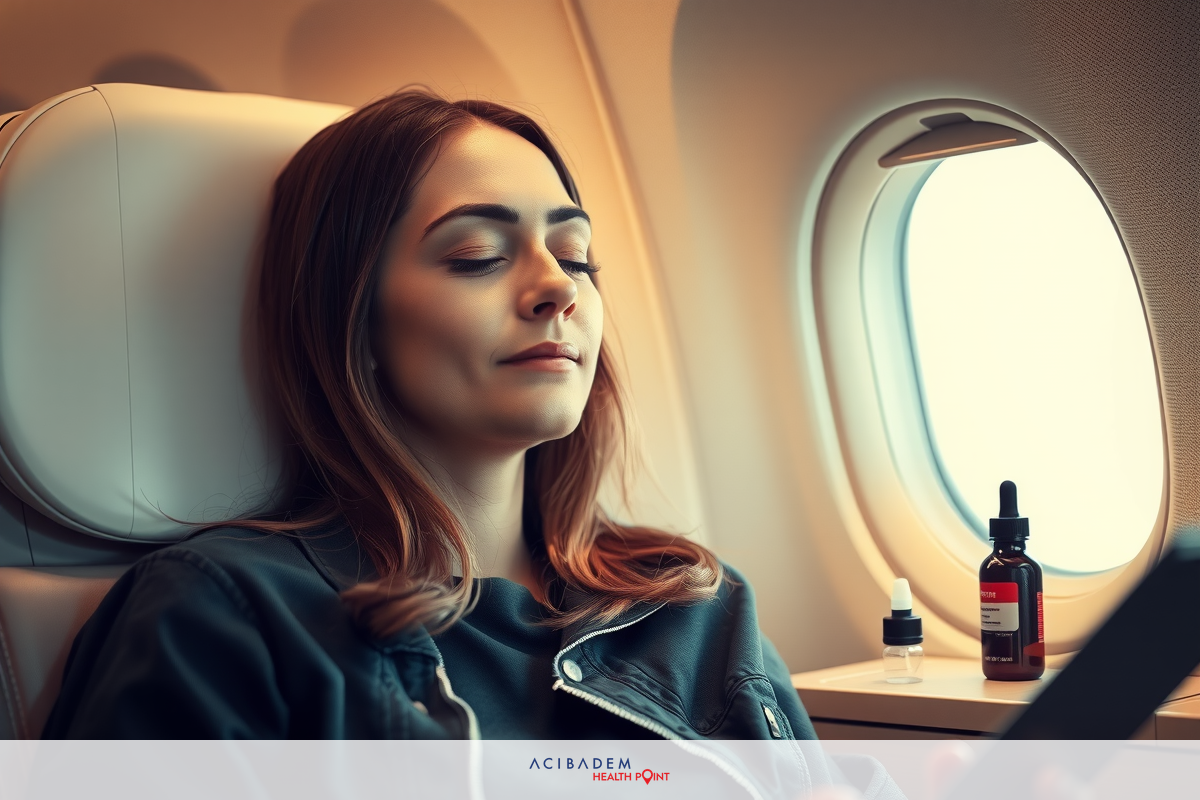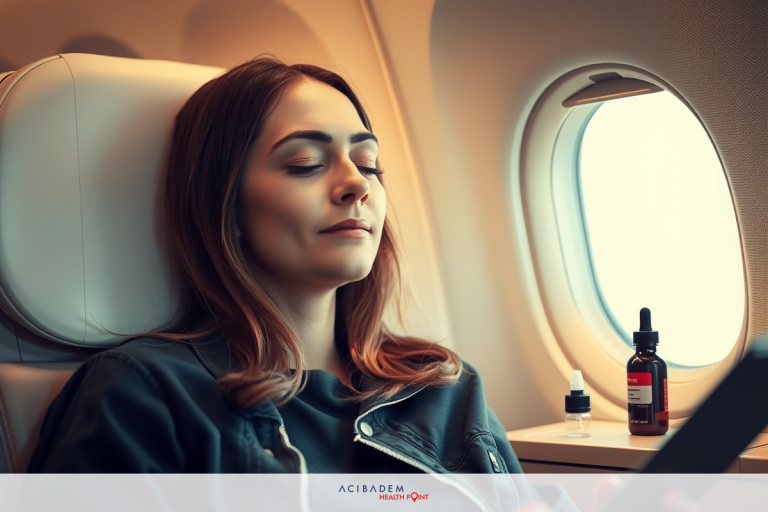Can I Fly After Laser Eye Surgery
Can I Fly After Laser Eye Surgery A journey on an airplane can be a thrilling adventure, but what about after laser eye surgery? Does that change the picture entirely? There is a whirlwind of questions that may arise in your mind. The rules for flying post-operation might seem complex, but they are essential to ensure complete recovery and prevent complications.
Post-operative air travel restrictions often come with many caveats. From consultation with surgeons to the necessity of protective eyewear during flights, every detail counts. It’s not just about when you can fly again; it’s also about how you manage your comfort during those airborne hours. Simple practices such as regular blinking and avoiding rubbing your eyes could make a difference.
Navigating through this maze of precautions before boarding a flight following laser eye surgery can appear daunting at first glance. Armed with knowledge, however, one realizes these steps are merely par for the course in prioritizing health above all else.
When Can I Fly After Laser Eye Surgery?
The question of when one can fly after laser eye surgery is not just a matter of curiosity but also of necessity for many individuals. The recovery period following the procedure plays a crucial role in determining this timeframe. Every patient responds differently to surgery, and healing times vary, making it challenging to pinpoint an exact timeline. However, most surgeons recommend waiting at least 48 hours before embarking on air travel post-surgery.
Now let’s delve into why there are flying restrictions post laser eye surgery. Changes in cabin pressure during flight have the potential to interfere with your healing eyes. This could lead to discomfort or may even slow down your recovery process. It is also important to note that your access to immediate professional care might be limited while you’re high up in the skies or in an unfamiliar location.
On top of these considerations, bear in mind that dryness is a common side effect experienced by patients who undergo laser eye surgery. Airplane cabins are known for their low humidity levels which might exacerbate such conditions causing further discomfort during travel after laser eye surgery.
In conclusion, though eager as you may be about resuming normal activities and jetting off on holiday trips post-procedure, patience is key here! Adhere strictly to guidelines provided by healthcare professionals regarding air travel after undergoing laser eye surgery – they are designed with your best interests at heart.
Precautions to Take Before Flying
As you prepare for your post-operative air travel following laser eye surgery, there are several vital precautions that should be top of mind. The objective here is twofold: ensuring a comfortable flight and protecting your eyes from potential complications. Each precaution plays an integral role in safeguarding your vision while airborne.
- Consultation with surgeon: Prioritize a detailed discussion with your surgeon about the do’s and don’ts of flying after laser eye surgery. Their expert insight will guide you on the right path towards safe travel.
- Eye drops usage: Dryness can be a major concern during flights due to low humidity levels in airplane cabins. Regularly using prescribed lubricating eye drops can combat this issue effectively.
- Wearing protective eyewear: Your eyes may feel more sensitive after surgery, making them susceptible to harsh lighting conditions onboard or even dust particles present within cabin air. Protective sunglasses offer much-needed relief under such circumstances.
- Avoidance of alcohol before and during flight: Alcohol tends to exacerbate dryness, which could potentially lead to discomfort when combined with already dry cabin environments.

The image shows a woman in an airplane seat. She is resting with her eyes closed, possibly sleeping or enjoying the peacefulness of the flight. The airplane environment suggests she is traveling for personal or professional reasons. - Keeping contact information handy: Keep all necessary emergency contacts accessible – particularly those related to healthcare providers – in case of any unexpected issues during the journey.
These measures are not exhaustive but rather serve as primary guidelines for anyone wishing to fly after laser eye surgery safely and comfortably!
Tips for Comfortable Air Travel
Traveling, especially flying after laser eye surgery, may require some additional considerations to ensure a comfortable experience. Post-operative air travel doesn’t have to be daunting if you are equipped with the right tips and tricks. Here are some pointers that can make a significant difference in your journey.
- Frequent blinking: It’s an effortless yet highly effective way of maintaining eye lubrication during your flight. Blink frequently to help distribute tears evenly across the surface of your eyes.
- Avoid rubbing eyes: Your hands might come into contact with various surfaces while traveling, increasing the risk of infection if you rub your eyes. Be mindful not to touch or rub your eyes unnecessarily.
- Stay hydrated: Keep yourself well-hydrated by drinking ample water throughout the journey; it aids overall body hydration as well as helps maintain moisture levels in your eyes.
- Use artificial tear drops: These can provide instant relief from dryness and irritation in the cabin environment.
- Rest adequately before flight: A good night’s sleep prior to travel will keep fatigue at bay, thus reducing strain on post-surgical eyes during long flights.
- Wear glasses instead of contacts: While this might seem obvious post-operation, patients must remember not to switch back too early into their comfort zone of using contact lenses.
An ounce of prevention is worth a pound! The key lies in being prepared and following these simple yet impactful measures for a hassle-free flying experience after laser eye surgery!
Frequently Asked Questions
How soon after laser eye surgery can I fly?
Generally, most surgeons recommend waiting at least 48 hours before flying. However, individual recovery times may vary and it's always best to consult with your surgeon for personalized advice.
What should I do if my eyes feel dry during the flight?
Dryness is a common side effect post- surgery. Frequent blinking, using prescribed lubricating eye drops, and staying hydrated are beneficial measures that can help alleviate this discomfort.
Can I wear contact lenses on the flight after surgery?
It's generally discouraged to wear contacts shortly after surgery as it might cause irritation or slow down the healing process. Wearing glasses instead is a safer option.
Are there any specific precautions I need to take while traveling abroad for an extended period of time post-surgery?
Yes! Always carry extra medication (like eye drops), protective eyewear and emergency contact information related to healthcare providers in case of unexpected issues during your journey. The answers provided herein are intended purely for informational purposes and do not constitute medical advice. Always consult with a healthcare professional for accurate information.








